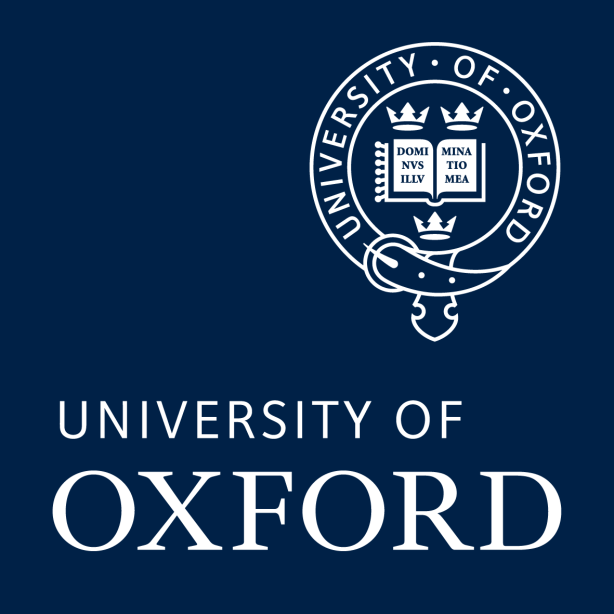:::::::::::::::::::::::::::::::::::::::::::::::::::::::::::::::::::::::::
Through
Manfred Sailer and Stella Markantonatou (parseme-wg1-book@english-linguistics.de)
::::::::::::::::::::::::::::::::::::::::::::::::::::::::::::::::::::::::::::
Provisional title: Mutliword Expressions: Insights from a Multi-lingual Perspective
Coordinators/editors: Manfred Sailer, Stella Markantonatou
Content:
Multiword expressions (MWE) are not only a challenge for natural language applications, they also present a challenge to linguistic theory. There is a rich body of primarily descriptive work on MWEs for many European languages, but there is little comparative work in this area.
The volume attempts to bring together MWE experts with individual
languages as their background to explore the benefits of a
multilingual perspective on MWEs, for both computational and theoretical linguistics.
Possible topics for contributions include:
A) Classifications:
– What is the purpose of a particular classification? For instance, parsing, retrieving, cognitive representation, learning, other. How well do classifications serve their purposes?
-Are different classifications with different purposes related to each other? For instance, would patterns of the type V_PP (defined for retrieval) be useful to parsing as well?
– How does the purpose of classification influence the classification itself?
– How do theoretical frameworks influence MWE classifications in terms of coverage? Can they be reusable?
– A multilingual template for MWE classification, discussing purposes, methodological issues (how such a template can be constructed) The questions asked for the monolingual classifications apply here as well.
– Comparison of MWE templates/classifications for several languages (taking into account the purpose of the classification, the theoretical framework, …)
B) Tests for classification:
– What do individual “transformations”/tests tell us about an MWE? Is there a difference among different languages? (such as passivization, internal modification, pronominalization, participation to long distance dependency phenomena, control and binding phenomena)
– Morphological flexibility
– Is there a connection between semantic and syntactic flexibility?
C) Special types of MWEs (empirical description and consequences for theory or computational modelling):
– MWEs with expletives (“hurry it up”, “wing it”, …)
– MWEs with non-canonical internal structure
– MWEs with clitics
D) Cross-linguistic comparison of MWE types
– MWE inventories relate to general properties of a language (for example differences between MWE inventories in satellite-framed vs. verb-framed languages)
– Strategies for forming MWEs, for instance comparison of Indo-European languages with Semitic languages
– Comparison between MWE types in spoken and signed languages
Submission:
We invite the submission of outlines of papers (2 pages) by December 31, 2014.
The outline should clearly express the topic and, ideally, the multi-lingual aspect (for example why considering different languages is central for the topic or how the presented approach could be relevant for MWEs in other languages as well).
Selected outlines will be presented and discussed during the spring meeting of the Working Group “Lexicon-Grammar Interface” of the COST Action IC 1207 PARSEME (Parsing Multiword Expressions) in Malta (March 19-20, 2015).
Reimbursement for participation at this meeting might be available for authors of selected outlines according to COST regulations. Please contact the editors for details.
Submissions should mention “MWE Volume” in the subject line and be sent to
parseme-wg1-book@english-linguistics.de
Contact: Manfred Sailer (Frankfurt) and Stella Markantonatou (Athens) at parseme-wg1-book@english-linguistics.de
Preliminary schedule:
November 2014: Call for contributions sent out
December 31, 2014: Deadline for the “contribution proposals”
Mid January 2015: Notification
March 19-20, 2015 (Parseme meeting in Malta): Presentation and discussion of the contribution proposals. Finding co-authors for contributions
Mid June 2015: deadline for first versions of the papers
End of July 2015: comments, notifications of acceptance sent out
September 23-24, 2015 (Parseme meeting in Iasi): discussion of the first versions and finalization of the outline and concept of the book.
December 2015: deadline for final versions




